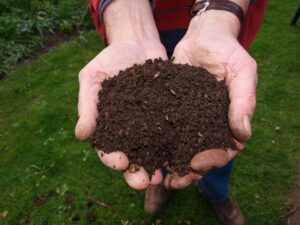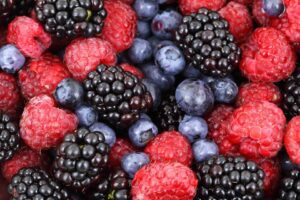Introduction
Heirloom seeds are traditional seeds that have been passed down through generations of gardeners and farmers. They are open-pollinated, meaning they are pollinated by natural means such as insects, birds, wind, or other natural mechanisms. In contrast, hybrid seeds are created by crossing two different varieties to produce specific traits for commercial reasons. Heirloom seeds are prized for their genetic diversity, history, and flavor. Home gardeners can benefit greatly from using heirloom seeds in their gardens.
Biodiversity
One of the key benefits of heirloom seeds is their biodiversity. Heirloom varieties are often well-adapted to specific climates and growing conditions, making them more resilient to pests and diseases. By growing a diverse range of heirloom plants, home gardeners can help preserve genetic diversity and protect against crop failures caused by environmental changes. Additionally, heirloom seeds promote a healthier ecosystem by supporting a wide range of pollinators and beneficial insects.
Flavor and Nutrition
Heirloom plants are renowned for their delicious flavor and superior nutritional content. Many heirloom varieties have been selected over generations for their taste, aroma, and texture. By growing heirloom vegetables, home gardeners can enjoy a wider range of flavors and culinary experiences. Heirloom vegetables are also often more nutrient-dense than their hybrid counterparts, making them a healthier choice for those looking to improve their diet.
Cost-Effectiveness
While heirloom seeds may initially seem more expensive than hybrid seeds, they can actually be more cost-effective in the long run. Heirloom seeds can be saved and replanted year after year, allowing home gardeners to create a self-sustaining seed bank. This can save money on seed purchases in the future and also help preserve rare and endangered plant varieties. Additionally, by growing heirloom plants, home gardeners can reduce their reliance on store-bought produce, saving money on groceries in the process.
Cultural Heritage
Heirloom seeds are not just plants, they are living pieces of history and cultural heritage. Many heirloom varieties have been passed down through families for centuries, with each seed carrying a unique story and connection to the past. By growing heirloom plants, home gardeners can help preserve these important cultural traditions and pass them on to future generations. Heirloom seeds are a tangible link to our agricultural heritage and can help us reconnect with our roots.
Environmental Sustainability
Heirloom seeds promote environmental sustainability by reducing the reliance on chemical inputs in farming. Heirloom plants are often more resistant to pests and diseases, reducing the need for synthetic pesticides and fertilizers. By growing heirloom varieties, home gardeners can help protect the health of the soil, water, and air. Additionally, heirloom seeds help conserve water resources by promoting drought-resistant plants that require less irrigation. Overall, heirloom seeds are a more sustainable choice for home gardeners looking to minimize their environmental impact.
Conclusion
Heirloom seeds offer a wide range of benefits for home gardeners, from promoting biodiversity and flavor to saving money and preserving cultural heritage. By incorporating heirloom seeds into their gardens, home gardeners can enjoy a more sustainable and fulfilling gardening experience. So next time you’re planning your garden, consider choosing heirloom seeds and join the growing movement of gardeners dedicated to preserving our agricultural heritage.



